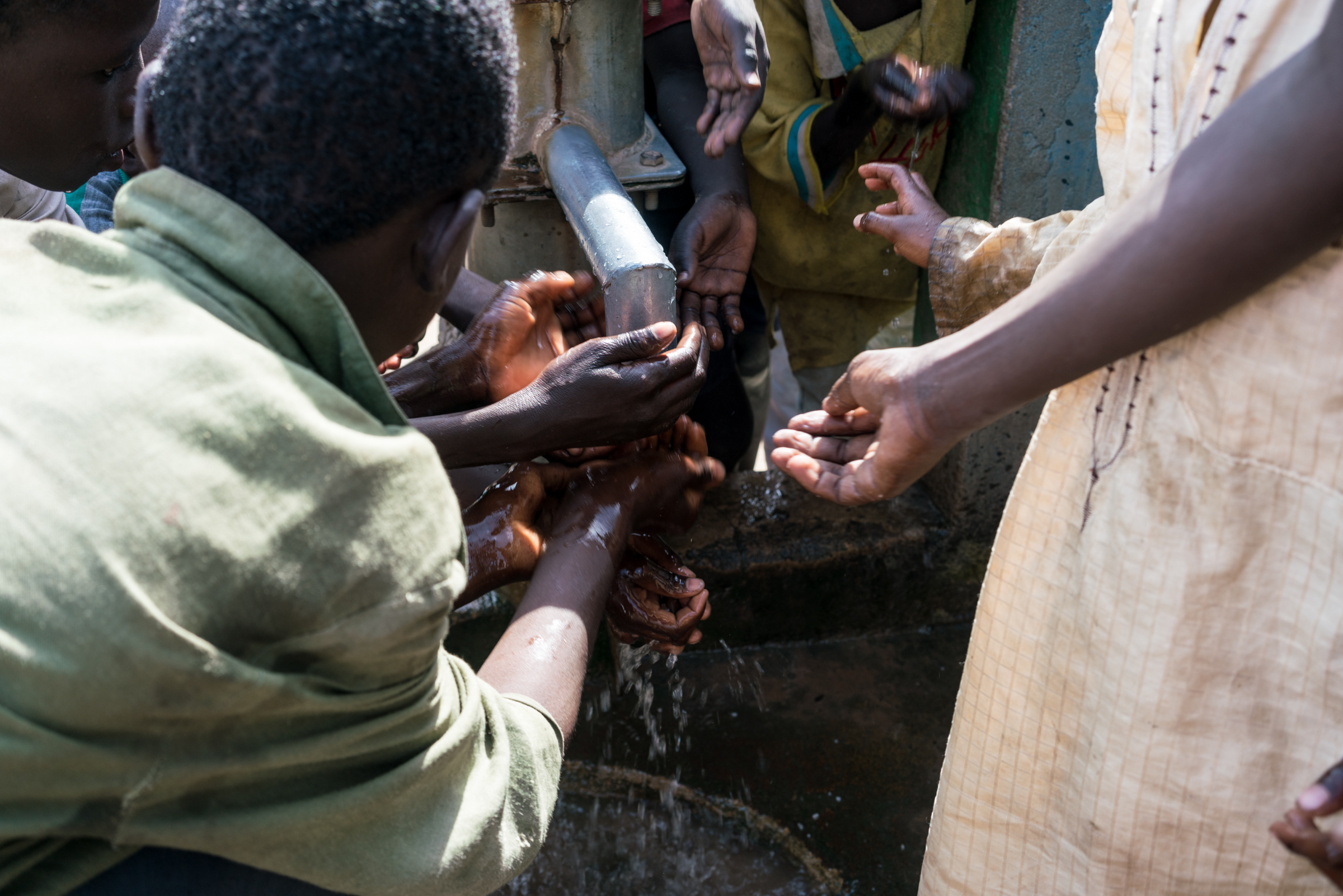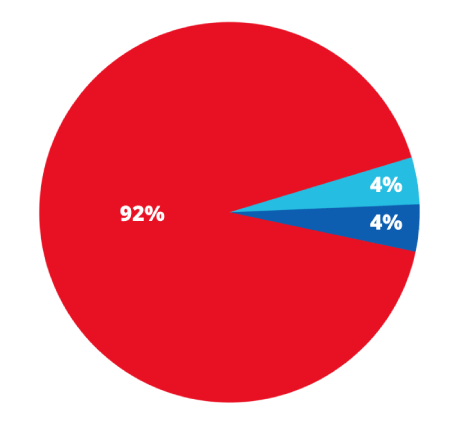For thousands of years, societies have relied on fresh, clean water to survive and thrive. However, right this minute, 785 million people – one out of every ten people on Earth – are facing life with limited or no access to safe, clean water for drinking, hygiene and sanitation.
Experts expect that that number will rise as the global population increases and continues to strain the water supply. UNICEF estimates that half of the world’s population could face water scarcity issues as soon as 2025.
Disruptions due to climate change – including unpredictable weather patterns leading to flooding or drought, the disappearance of much-needed sources of fresh water, and the destruction of infrastructure during climate events – could also exacerbate the problem worldwide.
As the water crisis deepens worldwide, it’s urgent to understand its impact on public health, education, women’s rights and the world economy, and why it will be crucial to invest in increasing and managing the global water supply.
The impact on public health, education, women’s rights and the economy
- Clean drinking water is essential for good health. Drinking dirty, polluted water can lead to numerous diseases that cause severe illness and death, including diarrhea, cholera and typhoid. An estimated 829,000 people die of diarrhea each year, including nearly 300,000 children under the age of 5.
- Clean water is also required for proper sanitation and hygiene. An estimated 4.2 billion people lack access to clean, safe sanitation, and are at risk of the local water supply being contaminated and becoming a vector for diseases like polio and intestinal worms. More than 2.3 billion people lack access to soap and water for handwashing, one of the key hygienic practices that prevent the spread of disease.
- Children are especially at risk for water-related diseases. UNICEF estimates that nearly one in four children will be living in areas of extremely high water stress by 2030. Right now, nearly half of all schools worldwide lack basic drinking water, handwashing and sanitation facilities. This can result in some children not attending school at all, limiting their educational success. For those who do attend, inadequate facilities can result in preventable health issues like dehydration, as well as illness and death.
- In many parts of the world where water is scarce, women are responsible for traveling significant distances collecting water for their family and community. This can not only result in physical injury and exposure to contaminated water, it is also a time-consuming task – the UN estimates that nearly 200 million hours per year are spent fetching water – that can limit the time girls and women can spend on education or productive work.
- Additionally, studies suggest that girls and women who lack access to private sanitation and menstrual health facilities face an increased risk of health issues, as well as yet another burden preventing them from achieving an education or employment.
- A lack of clean water also has a number of impacts on the economy, both local and global, that affect all of us. Water scarcity is one of the generators of rising food prices, and can cause instability that leads to devastating conflicts.
- On the positive side, investing in clean water access for all can help alleviate poverty and generate enormous economic benefits by removing the burdens of poor public health, by increasing educational success, and by empowering women. It is estimated that reaching the UN’s development goals for water would produce an extra $84 billion in benefits for the world.
Embrace Relief’s Approach
One of the most important ways to alleviate the clean water crisis is to build much-needed and lasting infrastructure in areas of the world where underground clean water is plentiful, like sub-Saharan Africa. Embrace Relief’s Clean Water Initiative aims to tap into this resource by building safe, deep water wells in the region, while our “Fountains of Hope” project expands this mission to the reconstruction of non-operational wells.
With your help, Embrace Relief has built 450 new water wells and reconstructed 50 pre-existing ones primarily in the central African nations of Cameroon, Chad and Nigeria, providing more than 500,000 people with clean water for at least the next five years.
By donating to Embrace Relief’s Clean Water fund, you can help us build even more of these critical sources of clean water that will benefit thousands of people for years to come. You can also start and raise funds for your own clean water well project.
Please donate today and help us get clean water to people who need it! You can make a massive impact on thousands of lives with just one click.





















